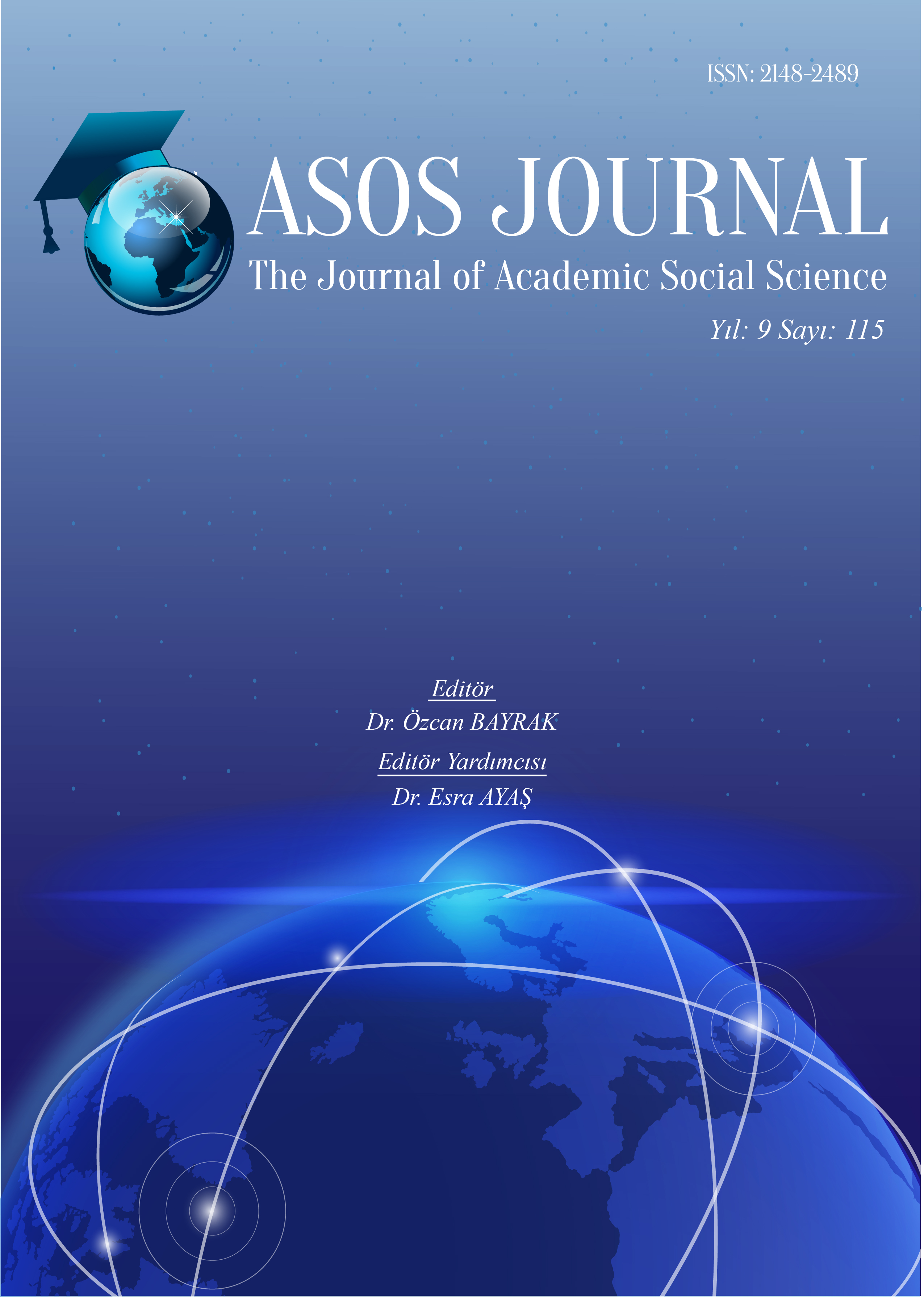Author :
Abstract
The paper shares the appreciation of and approach to morality in Joseph Andrews and Pamela. Henry Fielding and Samuel Richardson represent the same age; however, their understanding of morality widely differs from each other. Fielding’s work embodies the idea that man is susceptible to weakness. Whereas Richardson’s characters define and epitomize morality as a fixed idea. Certain examples are representing the impracticality of Richardson’s idea of moral philosophy. Henry Fielding creates an atmosphere wherein the characters are neither good nor bad but have human-like traits. The paper reflects on the ideas relating to morality including chastity, hypocrisy and vanity. Joseph Andrews debates over morality as a comparative perception whereas Pamela propagates the Christian concept of virtuousness. Criticizing Richardson’s gender biasedness concerning morality, Fielding seems to communicate that both sexes could encounter dissipated sexual cravings, and it would be an injustice act to tag man as the offenders. Opposing Richardson’s linear concept of morality, Fielding adds few more aspects of morality referring to material corruption and professional corruption.
Keywords
Abstract
The paper shares the appreciation of and approach to morality in Joseph Andrews and Pamela. Henry Fielding and Samuel Richardson represent the same age; however, their understanding of morality widely differs from each other. Fielding’s work embodies the idea that man is susceptible to weakness. Whereas Richardson’s characters define and epitomize morality as a fixed idea. Certain examples are representing the impracticality of Richardson’s idea of moral philosophy. Henry Fielding creates an atmosphere wherein the characters are neither good nor bad but have human-like traits. The paper reflects on the ideas relating to morality including chastity, hypocrisy and vanity. Joseph Andrews debates over morality as a comparative perception whereas Pamela propagates the Christian concept of virtuousness. Criticizing Richardson’s gender biasedness concerning morality, Fielding seems to communicate that both sexes could encounter dissipated sexual cravings, and it would be an injustice act to tag man as the offenders. Opposing Richardson’s linear concept of morality, Fielding adds few more aspects of morality referring to material corruption and professional corruption.
Keywords
- Cruise, James. “Fielding, Authority, and the New Commercialism in Joseph Andrews.” ELH, vol. 54, no. 2, 1987, pp. 253–276.
- Fielding, Henry, and Martin C. Battestin. Joseph Andrews. Oxford University Press and Wesleyan University Press, 2014.
- Holm, Melanie D. “‘O Vanity!’ Fielding’s Other Antisocial Affectation.” Philological Quarterly, vol. 89, no. 2/3, Spring 2010, pp. 263–281.
- Morrison, Leslie. “Serialized Identities and the Novelistic Character in Eliza Haywood’s Fantomina and Anti-Pamela." Eighteenth-Century Fiction, vol. 30, no. 1, Fall 2017, pp. 25–44.
- Plank, Jeffrey. “The Narrative Forms of Joseph Andrews.” Papers on Language & Literature, vol. 24, no. 2, Spring 1988, p. 142
- Rawson, Claude Julien. The Cambridge Companion to Henry Fielding. Cambridge University Press, 2007.
- Richardson, Samuel. Pamela; or Virtue Rewarded. Dover Publications Inc., 2015.
- Roxburgh, Natalie. Rethinking Gender and Virtue through Richardson’s Domestic Accounting. Eighteenth-Century Fiction, vol. 24, no. 3, Spring 2012, pp. 403–429.
- Spencer, Elizabeth. “Another Look at Joseph Andrews.” Sewanee Review, vol. 98, no. 4, Fall 1990, p. 668.





